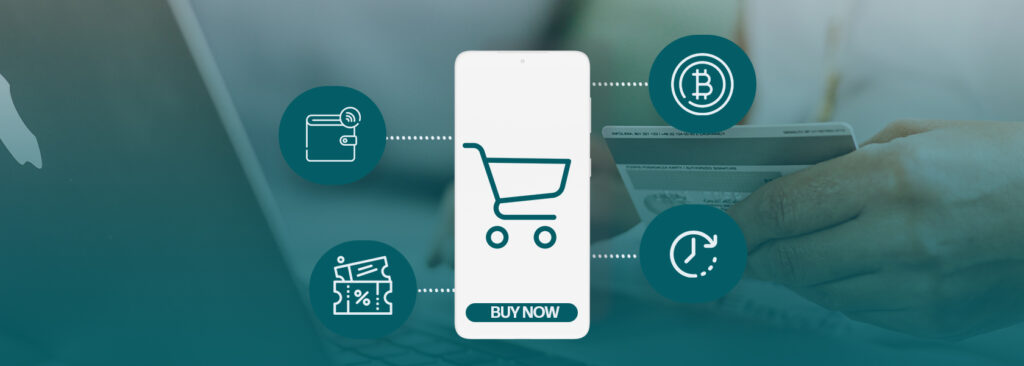Fintechamps and Jopp have combined their forces to connect the freshest talent with the fintech world. The goal of this partnership is to bridge the gap between young talent and the rapidly evolving fintech sector, helping connect the right candidates with opportunities where they will thrive.
Why this partnership works
With a shared vision, Fintechamps and Jopp are driven to find the right people to help fintechs grow.
For Fintechamps, this partnership has been a long-term goal. With our extensive network in fintech and payments, stepping into talent acquisition in this sector felt like the perfect next step. Partnering with Jopp, who brings their recruitment expertise and quality-driven approach, makes us confident that we can help fintechs struggling to find the right talent for their needs.
Mark, founder of Fintechamps, is excited about the collaboration:
“Jopp’s fresh approach to recruitment is exactly what the fintech world needs. They truly understand the needs of emerging talent and how to match them with the most suitable company culture, making them an ideal partner to help us expand our offerings and connect companies with the right professionals.”
For Jopp, this partnership opens doors to the fintech space. With a growing pool of young professionals eager to start their careers, Jopp can now leverage Fintechamps’ network to dive deeper into the fintech space. Thomas, Jopp’s CEO, shared his enthusiasm:
“We’re excited to work with Fintechamps to help candidates accelerate their careers in fintech. This partnership allows us to do what we do best—help young professionals find meaningful roles—in one of the most exciting industries today.”
Curious about Jopp’s approach? Check out how they helped Adyen find the ideal candidates in our latest case study.
A Shared Vision for the Future
Combining Jopp’s talent expertise with Fintechamps industry connections, we’re building talent solutions tailored to the fintech and payments sector, focusing on talent acquisition that matches company needs and culture. Together, we’re also developing specialized training to help candidates prepare for the unique challenges within fintech roles, in order to ensure they succeed from the very start.
Elevate Your Team with Jopp & Fintechamps
Jopp and Fintechamps are transforming how young professionals enter the fintech industry. By joining forces, we’re making it easier for companies to access top talent and empowering the next generation of fintech professionals.
Ready to take your team to the next level? Contact info@fintechamps.com or thomas@jopp.nl to learn more!







